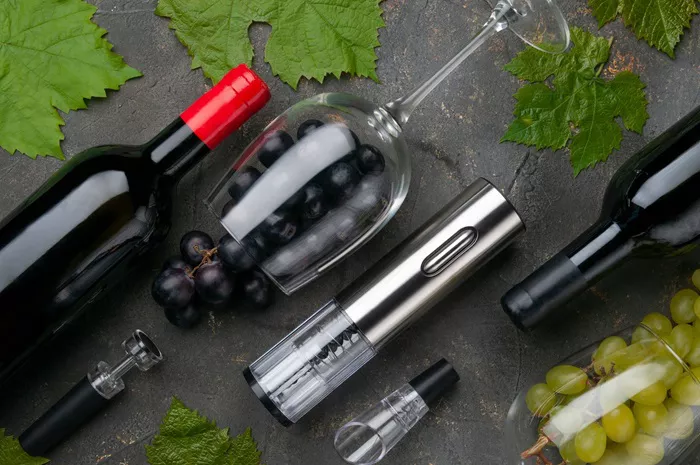Luxury goods conglomerate LVMH has reported a significant 35.7% decline in operating profit for its wine and spirits division in 2024, as reduced demand in China and global market difficulties impacted sales.
The parent company of prestigious brands such as Hennessy Cognac, Moët & Chandon, Veuve Clicquot, and Château d’Yquem revealed that its wine and spirits segment saw a drop of 11% in revenue, totaling €5.86 billion ($6.35 billion). Overall, the company’s total revenue for the year fell 1%, amounting to €84.68 billion ($91.8 billion).
Wine and Sparkling Wine Offer Some Resilience
While LVMH’s wine and spirits division faced a challenging year, certain product categories showed resilience. Champagne and wine revenue decreased by 8.1%, reaching €3.18 billion ($3.45 billion), while sales from cognac and spirits dropped 14.6% to €2.68 billion ($2.91 billion). Despite declines across most product lines, wine and sparkling wine experienced a slight growth of 0.3% in sales.
Sales data for key categories included:
- Cognac: 80.8 million bottles, down 2.9%.
- Champagne: 61.7 million bottles, down 7.2%.
- Wine & sparkling wine: 61.3 million bottles, up 0.3%.
- Other spirits: 20.8 million bottles, down 3.3%.
LVMH attributed the drop in Champagne sales to unfavorable weather conditions that affected the harvest in the Champagne region early in the summer, which impacted production. Despite this setback, the group continues to account for over 22% of all Champagne-appellation shipments globally.
The company also noted that its portfolio includes 29 maisons, including Ao Yun in Yunnan and Chandon in Ningxia, China.
Economic Slowdown in China Hits Performance
A significant factor in the downturn was a slowdown in consumer spending in China, which LVMH identified as a primary cause of weaker sales, particularly for its cognac products. Additionally, the challenging market environment in the United States further contributed to the division’s poor performance.
Geographically, the U.S. remains LVMH’s largest market for wine and spirits, accounting for 34% of sales, followed by Europe at 27%, and Asia at 18%, with Japan contributing an additional 6%.
Cautious Outlook for 2025
Looking ahead, LVMH has adopted a cautious outlook for 2025, citing ongoing market uncertainties. The company emphasized that it will focus on cost control, enhancing consumer experiences, and continuing its sustainability efforts to reinforce its position as a leader in the luxury wines and spirits sector.
Related topics:


